When it comes to speaking of foreign affairs, Rory Stewart is one of the few MPs who does not peddle bland abstractions. Many of his parliamentary colleagues inhabit a blah-blah land where terms such as ‘peace process’ and ‘international community’ have meaning. An upbringing in the Far East, where his father was a diplomat, as well as years spent in Iraq and Afghanistan, have given Stewart direct experience not only of nations but of town quarters, villages and individuals.
Walking was his preferred method in Afghanistan, where he tramped across the country with a dog and a Punjabi fighting stick. The dog couldn’t keep up and died, but here for his latest tramp the Punjabi dang comes out again. Somehow he has found time when not at Westminster nor attending to his Cumbria constituency, nor with his young family, to walk 600 miles through the border country of England and Scotland, formally interview dozens of people and then to write it all up in this substantial and very impressive book.
His themes are various. He writes in detail of the area during the Roman period, its ethnic diversity then and now. He teases out place names and bird names, and what they reveal of the mosaic of peoples — English, Celtic, Cumbric, Northumbrian and Norse — who have settled there. He is concerned above all with questions of belonging and tradition and locality in a globalised world. His trek necessarily looks for local difference, for what makes one valley or village distinct from another. But he finds little awareness or interest in such things among local inhabitants, who no longer share generations of accumulated experience. Most come from somewhere else. ‘I’m beginning to think Britain isn’t one place, or two, or three,’ he muses. ‘It’s just millions of separate houses.’
In the wilder, hillier sections of the walk, he presents the current conflict between farmers and environmentalists. Shepherds like Willy Tyson (whose Herdwick sheep beat those of the bestselling author James Rebanks in the local show) find their traditional agriculture and subsidised flocks challenged by re-wilders. Upland pasture would be better left to revert to scrub: less flooding downstream, more biodiversity, more birds. Stewart’s treatment of the arguments is judicious but not quite equivocal. His constituency includes many hill farms — and hill farmers, unlike birds, have votes. But while birds cannot vote, birders can, and the RSPB is always quick to tell us that they have more members than all the political parties put together.
Such discussions are all well and good but what raises The Marches above the pedestrian is the profoundly moving portrait of Stewart’s father. In his early nineties, Brian Stewart travels down from time to time to be with his son on his odyssey. No longer able to keep up with our tireless hero, he meets him in museums and restaurants, and they walk short sections together. Cue reminiscences of a childhood spent in the presence of this extraordinary man.
As a colonial officer, Brian Stewart proved a brilliant linguist, achieving the best ever results in his exams. He built affordable housing. He built a number of basic schools, explaining to Rory: ‘Cheap and cheerful, darling, a hundred pounds each.’ He drove fearlessly into enemy-occupied territory with a pistol on the dashboard of his car. Behind diplomatic cover, he served for 20 years as a spy and was at one time the second most senior figure in the British secret service. In Beijing, walking through town with his young son, he suddenly turned and floored a man. ‘Sorry about that, darling, I’m afraid he was trying to assault us.’ They then went to McDonald’s to eat apple pie.
Now, decades later, the two of them are on Tyneside. They are walking arm-in-arm beside a four-lane highway — Rory in his black down jacket with his outsize stick, Brian in tam o’shanter and tartan trousers. If that sounds faintly absurd, then it is —but it’s also rather wonderful. Their mutual affection is obvious. Towards the end of the walk, Brian comes down and asks for an update on his travels. Rory speaks for 90 minutes, with his father stroking his knuckles, interrupting only to say things like: ‘More history, darling….’
The walk finishes at the family home in Perthshire. Seven generations of Stewarts have lived here, planting trees and shaping the house and ‘parklet’. In retirement, Brian has added his mark, building a Chinese pagoda out of B&Q doors and discovering the power of the mini-digger. Then comes the news that the old farm has been sold to a developer. Five hundred houses are to be built, surrounding the parklet. ‘Oh dear,’ says Brian. ‘We better start planning.’
Rory Stewart is a politician. In his encounters he strives to be egalitarian. He sleeps on a sofa in a housing estate in Wigtown, and interviews a reformed ex-con. ‘Despite all the depressing aspects of the walk, I think there is something to be proud of in modern Britain.’ Walks are little miracles, he writes. His own provides such a candid view of the people he serves that it might be an idea to force all our MPs to emulate him, take a week from their long recess, pull on walking boots, clasp a big stick and stride out after chance encounters in the terraces and back lanes of their constituencies.
The post Over hill and dale appeared first on The Spectator.
Got something to add? Join the discussion and comment below.
Get 10 issues for just $10
Subscribe to The Spectator Australia today for the next 10 magazine issues, plus full online access, for just $10.
You might disagree with half of it, but you’ll enjoy reading all of it. Try your first month for free, then just $2 a week for the remainder of your first year.

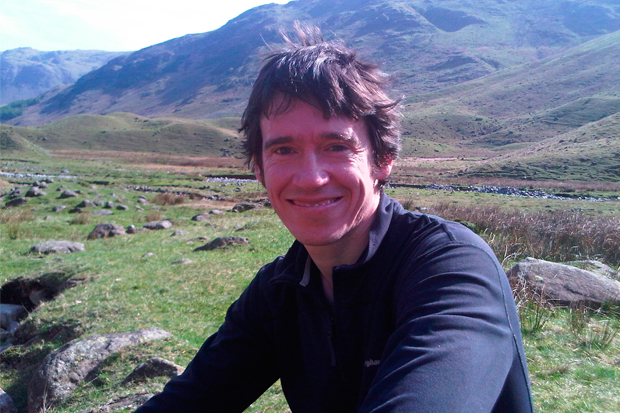
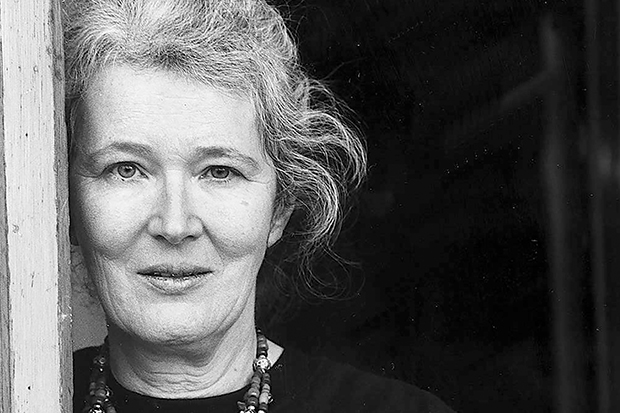

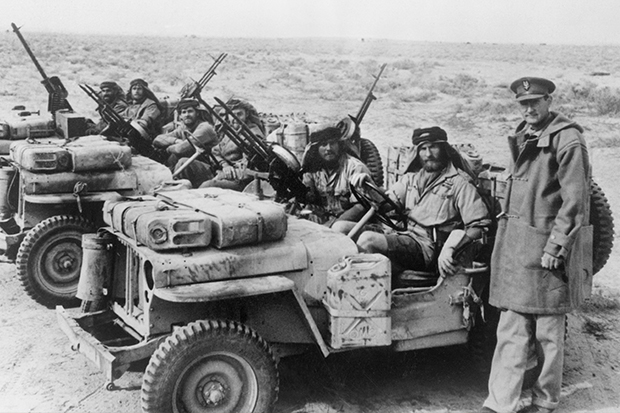

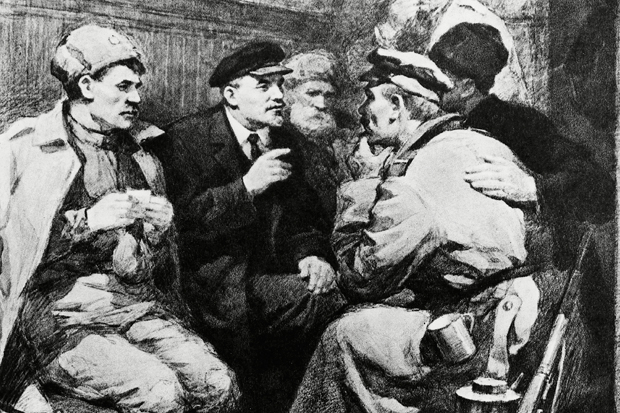
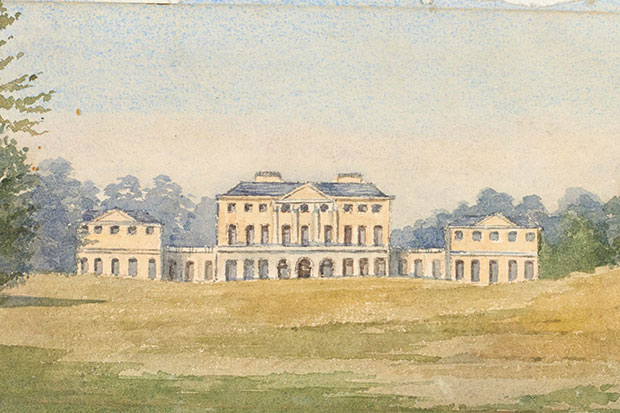






Comments
Don't miss out
Join the conversation with other Spectator Australia readers. Subscribe to leave a comment.
SUBSCRIBEAlready a subscriber? Log in